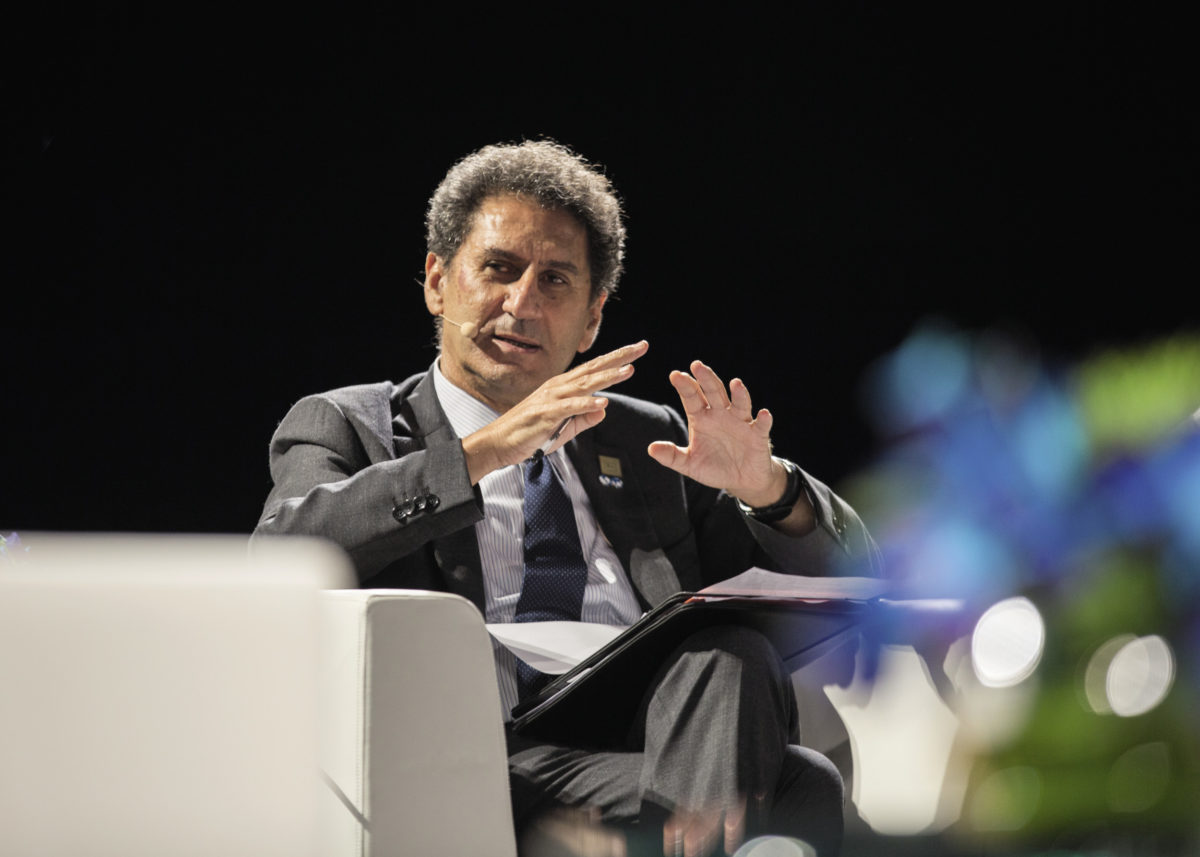Last year, IRENA launched its first report into the geopolitics of renewable energy. With the growth of the battery storage sector and the demand this is creating for minerals such as cobalt, what work are you continuing to do to look into the geopolitical implications of renewables and energy storage?
It was one of the themes of our geopolitics meetings, that took place two days ago [at the 10th Session of the IRENA Assembly]. We will develop the work on rare earth minerals. We are working with the United States to organize a conference on this in the future – for which we will prepare the background material. This is a theme, [but] it is not dramatic. It is also a question of practices of the mines with respect to human rights.
For when are you planning the conference?
In the second half of this year, or maybe even before the [northern hemisphere] summer we will host a conference addressing this.
Does it concern you, the scarcity of some of these materials?
Not for the time being. At least our numbers are saying this.
IRENA also works bilaterally with some member countries. You said you were working with China to assist with long-term planning. What will be the nature of this work?
The typical remit of IRENA will be the exercise for our work with China. We have not yet started, we have been asked, and we will see where it goes. Actually, when we got this exercise, we begin a dialogue because our work is not a consultancy, it is to support countries in making their own decisions. IRENA will work with China, in line with the [2015] Paris Agreement, and if we succeed in this, it will be a very good result.
Speaking of individual countries and the Paris Agreement, how damaging is it to global efforts to reduce C02 emissions with the United States, the biggest emitter, pulling out of the agreement?
We don’t discuss what individual countries do. The only thing I notice, [is that] solar energy production in the United States is outpacing coal. The United States is a country where markets are very important. I don’t think that many investors will be happy to invest in something that won’t generate revenues, and these types of investments will be displaced in international monetary markets. I don’t think any country will be interested in paying more for the energy they produce.
There is another aspect in the United States, as the production of energy is not in the hands of the federal government. Rather, it is under the remit of the states. And there are many states going for renewables. Companies are [also] going to renewables. And they are asking the president to understand that renewables are the main driver toward the future. So naturally, it will be disappointing if in the end the United States will exit the Paris treaty. Naturally, it will make some difficulties for other super emitters – like China. I think the willingness of others in the market will help produce a change that is already unstoppable.
What problems could a U.S. pullout cause for China?
China, which agreed with the United States before Paris on a common engagement, may have some moments of concern on what would be their future. Mostly trade disputes may become more prevalent between the two superpowers. We cannot say that if the United States goes out [of Paris] that nothing will change, because it’s not the reality. So firstly, we hope they will stay, and second we hope that the markets and the activities in the other countries will compensate.
In terms of trade we have seen trade barriers introduced to the solar sector. How do you see that holding back market development?
If these trade barriers will win is not related to our work – the question is for the politicians, the planners, and the people of the respective countries. There are themes that are relevant for us and for all other sectors. Naturally, for us if these barriers are put in place it will be no good not just for the energy transformation, but for everything.
Interconnection of energy between countries and within countries will tend to stabilize the system. When you look at the United States and Canada, it is possible to have an interchange of energy between them. Thinking of Europe, and then Belgium, Holland, Denmark, the interconnection is necessary to ensure the stability of the [electricity] system. The European Union targets a minimum of 50% of interexchange of electricity between countries, and this is expected to rise. I hope that the idea to build a real grid between states will supersede any trade disputes.
Interview with Jonathan Gifford
This content is protected by copyright and may not be reused. If you want to cooperate with us and would like to reuse some of our content, please contact: editors@pv-magazine.com.

